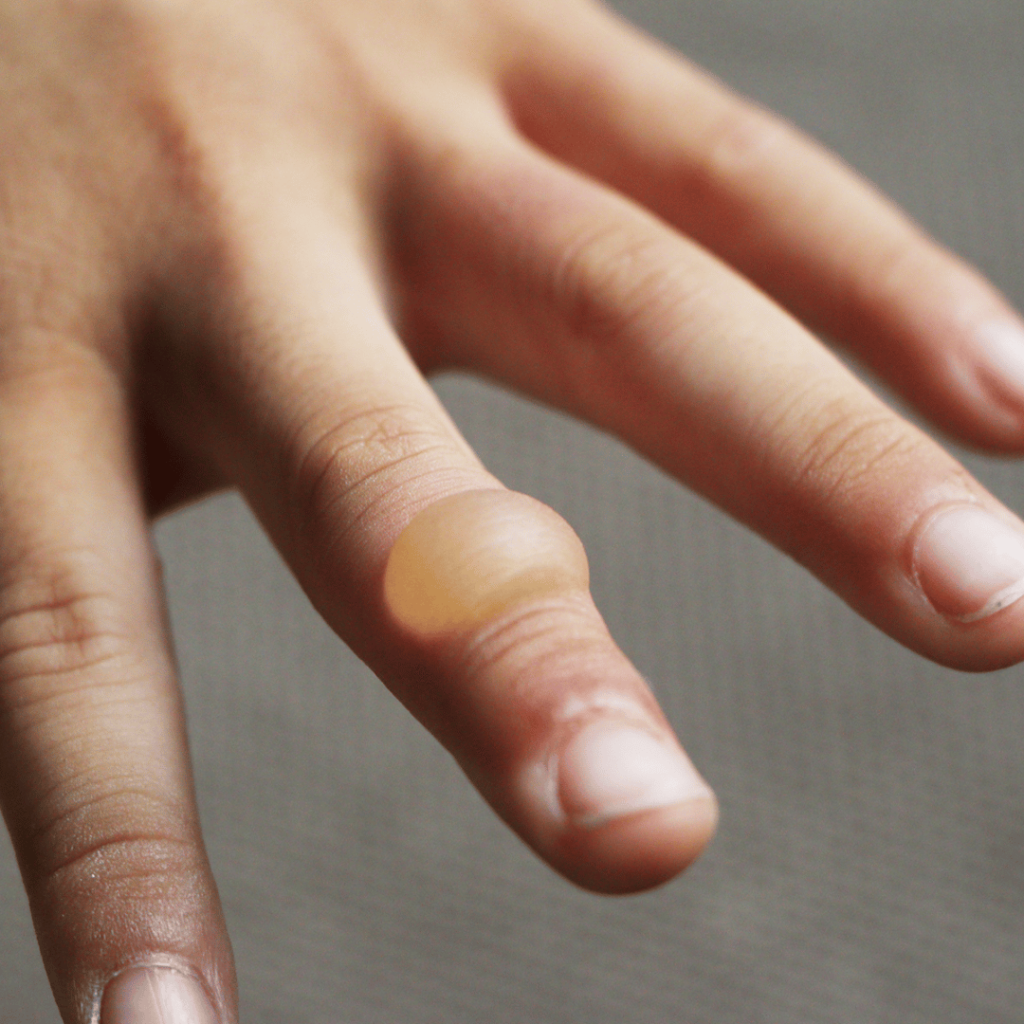
Discover the causes behind mottled skin and understand the photo evidence that explains this condition. Learn about the symptoms, treatments, and preventive measures to maintain healthy skin.
Table of Contents
Introduction
Mottled skin, characterized by a patchy appearance, can be a concerning condition. Understanding its causes and implications is crucial for proper management and treatment. This article delves into the various factors contributing to mottled skin and provides clarity through photo evidence.
Unraveling the Mystery of Mottled Skin
Mottled skin, often referred to as livedo reticularis, presents as a lacelike pattern of purplish discoloration on the skin. While it may appear alarming, understanding its underlying causes can help demystify this condition.
The Role of Circulatory Issues
Poor circulation is a common culprit behind mottled skin. Conditions such as peripheral artery disease (PAD) and Raynaud’s disease can impair blood flow, leading to mottling due to decreased oxygenation of tissues.
Inadequate blood supply can result from various factors, including:
Peripheral Artery Disease (PAD): This condition narrows the arteries, restricting blood flow to the extremities.
Raynaud’s Disease: Characterized by spasms in blood vessels, Raynaud’s disease can cause temporary interruption of blood flow, leading to mottled skin.
Vasculitis: Inflammation of blood vessels can disrupt circulation, manifesting as mottled skin in severe cases.
Environmental Triggers and Lifestyle Factors
Environmental factors and lifestyle choices can exacerbate mottled skin or trigger its onset.
Temperature Extremes
Extreme temperatures, both hot and cold, can affect blood flow and contribute to mottled skin. Exposure to cold temperatures can cause vasoconstriction, while excessive heat can lead to vasodilation, altering skin appearance.
Tobacco and Alcohol Use
Smoking and excessive alcohol consumption can impact circulation and vascular health, potentially leading to mottled skin over time.
Medical Conditions Associated with Mottled Skin

Mottled skin can also be a manifestation of underlying medical conditions.
Systemic Diseases
Certain systemic diseases can present with mottled skin as a secondary symptom. These may include:
Autoimmune Disorders: Conditions like lupus or rheumatoid arthritis can affect skin health and appearance.
Endocrine Disorders: Hormonal imbalances associated with thyroid disorders or diabetes can contribute to circulatory issues and mottled skin.
Infectious Diseases
Infections, particularly those affecting the bloodstream or causing sepsis, can result in mottled skin due to compromised circulation.
Seeking Professional Evaluation and Treatment
If you notice persistent mottled skin or are concerned about changes in your skin’s appearance, it’s essential to seek medical evaluation.
FAQs
Q: Can mottled skin be a sign of a serious medical condition?
A: Yes, mottled skin can indicate underlying circulatory problems or systemic diseases that require medical attention.
Q: Is mottled skin reversible?
A: In some cases, addressing underlying causes such as improving circulation or treating underlying conditions can improve the appearance of mottled skin.
Q: How can I prevent mottled skin?
A: Maintaining a healthy lifestyle, including regular exercise, avoiding tobacco and excessive alcohol consumption, and managing underlying medical conditions, can help prevent mottled skin.
Q: Can stress contribute to mottled skin?
A: While stress itself may not directly cause mottled skin, it can exacerbate underlying conditions such as Raynaud’s disease, which may manifest as mottling during stressful episodes.
Q: Are there topical treatments for mottled skin?
A: Topical treatments may help improve the appearance of mottled skin, but addressing underlying causes is essential for longterm management.
Q: When should I see a doctor about mottled skin?
A: If you notice persistent or worsening mottled skin, or if it is accompanied by other concerning symptoms, consult a healthcare professional for evaluation and appropriate management.

Conclusion
Understanding the underlying causes of mottled skin is essential for effective management and treatment. By addressing contributing factors and seeking timely medical evaluation, individuals can maintain healthy skin and overall wellbeing.




Can I simply say what a relief to seek out someone who really is aware of what theyre speaking about on the internet. You definitely know tips on how to convey a problem to gentle and make it important. Extra folks need to learn this and perceive this aspect of the story. I cant consider youre no more popular because you undoubtedly have the gift.
Very well written post. It will be beneficial to anybody who utilizes it, including myself. Keep up the good work – looking forward to more posts.
I simply needed to thank you very much all over again. I’m not certain the things that I would have tried in the absence of those thoughts discussed by you over that theme. It was actually a real troublesome difficulty for me personally, however , seeing a new specialised style you treated it took me to cry for delight. Extremely happier for your advice and as well , expect you recognize what a great job your are doing educating many people through your webpage. Probably you have never come across any of us.
I am usually to blogging and i really recognize your content. The article has really peaks my interest. I’m going to bookmark your site and maintain checking for brand spanking new information.
Nice read, I just passed this onto a friend who was doing a little research on that. And he just bought me lunch as I found it for him smile Thus let me rephrase that: Thank you for lunch!
You could certainly see your skills in the paintings you write. The arena hopes for more passionate writers like you who aren’t afraid to say how they believe. At all times follow your heart.
Great job!
Thanks for your blog post. I would like to say a health insurance brokerage also works for the benefit of the actual coordinators of a group insurance coverage. The health insurance agent is given a summary of benefits wanted by somebody or a group coordinator. What a broker can is look for individuals and also coordinators that best go with those desires. Then he provides his advice and if the two of you agree, the broker formulates a legal contract between the 2 parties.